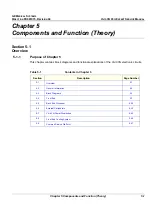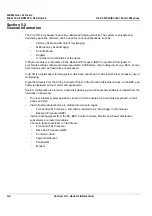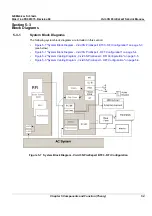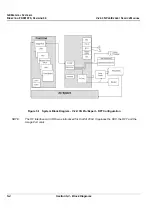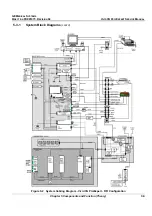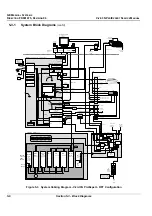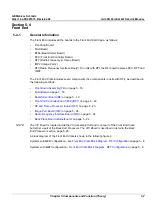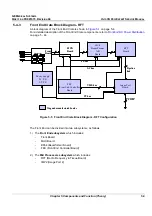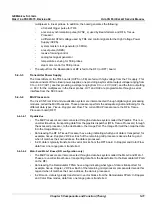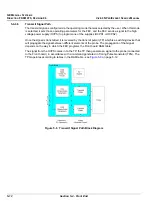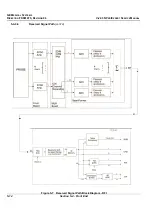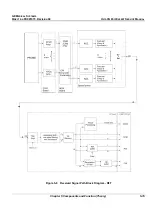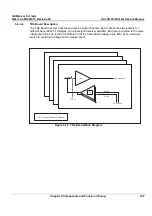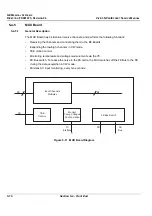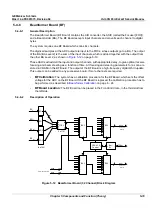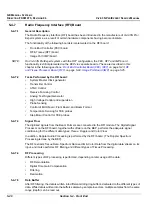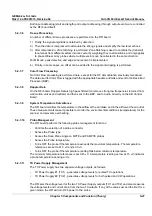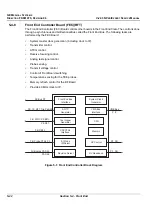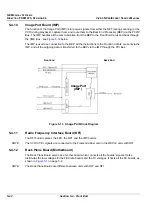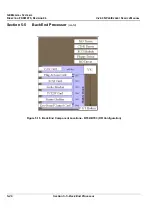
GE M
EDICAL
S
YSTEMS
D
IRECTION
FK091075, R
EVISION
04
V
IVID
3N P
RO
/E
XPERT
S
ERVICE
M
ANUAL
Chapter 5 Components and Function (Theory)
5-13
5-4-3-6
Received Signal Path
The receive signal is programmed according to the operating mode that was selected by the user. In some
cases the signal is received immediately after it has been transmitted, sometimes after a prescribed delay,
and in other cases at the same time as transmission (transmit/receive simultaneously).
Refer to
Figure 5-8
on page 5-15.
The probe elements receive the echo signals from different depths. These signals are amplified and
conditioned at the Analog Time Gain Compensation (ATGC) control. The different operating modes
dictate in which way the signals are translated, as follows:
•
Continuous Mode (CW)
-echo signals are transmitted and received simultaneously, and translated
per echo point for a specified depth. This provides a real-time image.
•
2D Mode
-signals are received from all 64 channels (if a probe has more than 64 elements, the MUX
of the probe is used to create the additional missing channels). The signals are transmitted at a
prescribed delay between the elements, and immediately after this are received (all the time, aiming
at one point at a specific depth). In this way, echo signals are collected from all points along a
certain line, from which a vector is created. The vector is transmitted to the MUX board, and from
there to the Beamformer where it is amplified and undergoes analog-to-digital conversion. From
here RF signals are transmitted to the RFT board, where an image is created.
•
Color Flow Mode (CFM)
-shows the movement of particles (this mode is usually used together with
2D mode). In CFM mode, the echo signal received is used to measure the amount of frequency
phase change (degree of shift) - this is referred to as the
Doppler effec
t.
When using CFM and 2D modes together, at the same time that the signal is received, in parallel
it is used to generate a signal through a circuit that translates the Doppler effect, and from which it
generates a color image.



